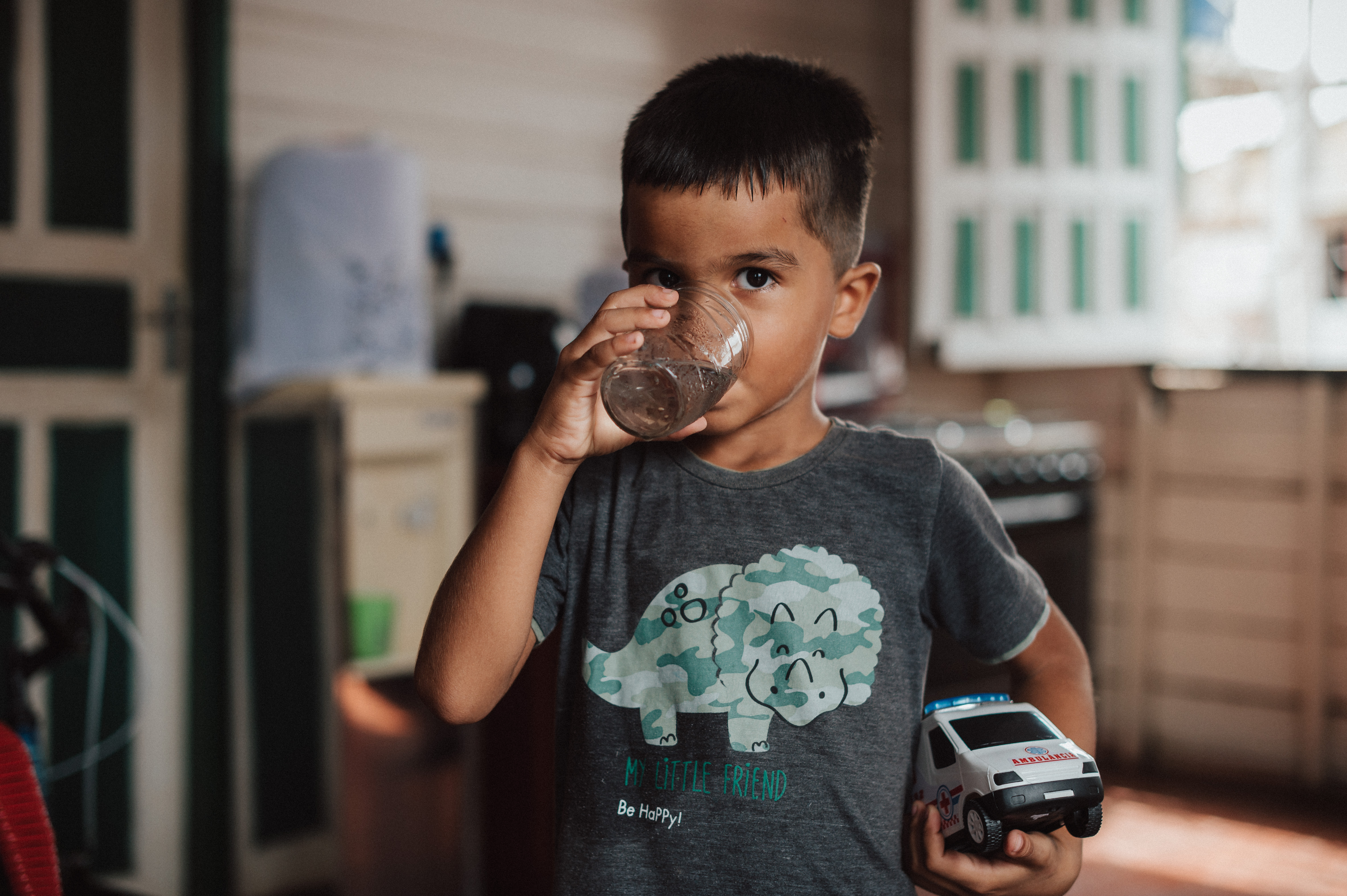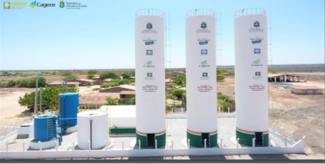

Description
Sisar is a federation of associations that, through a monthly contribution, funds a structure responsible for maintaining water supply systems, providing materials for maintenance and treatment, and offering social training.
The system management is shared between the Associação and Sisar. Sisar addresses the technical, administrative, and social needs of the community, providing services when local knowledge is insufficient, such as for the maintenance of a motor-pump set.
Sisar was developed to facilitate the development and maintenance of the systems implemented by CAGECE in a self-sustaining manner. Thus, it is an alternative system that uses community association in the management of systems, reducing costs and enabling their management.
It should be noted that in 2018 the Integrated Rural Sanitation System (Sisar) Management Model was the winner of the SDG (Sustainable Development Goals) Brazil Award, in the “Nonprofit Organization” category. This award was an initiative of the Brazilian federal government to encourage, value and give visibility to practices that contribute to the achievement of the goals of the 2030 Agenda throughout the national territory.
Criteria 11/11
- ACCESSIBILITY
- ALIGNMENT WITH SDG 1,3,4,6 AND/OR 11
- RACE AND GENDER ISSUES
- ATTENTION TO CHILDREN AND ADOLESCENTS
- LOW COST
- SOCIAL DIFFUSION
- ADMINISTRATIVE EFFICIENCY
- ADHERENCE AND CONTINUITY AT LOCAL LEVEL
- WASH INITIATIVE
- CLIMATE RESILIENCE
- SUSTAINABILITY
The water supply systems are built by the Secretariat of Agrarian Development and the Secretariat of cities of the State of Ceará under the São José Program and the Águas do Sertão Program.
SISAR is also a partner of the Ceará Water and Sewage Company (Cagece) and the Brazilian Health Foundation (Funasa)
Rural communities in the State of Ceará.
165 municipalities in the State of Ceará (more than 900 thousand people).
Since 1996
The São José Program and the Águas do Sertão Program of the Secretaries of Agrarian Development and Cities deliver the water treatment equipment so that the residents' associations of each location can operate them. After drilling the deep well and installing the treatment plant and the water distribution network, Cagece continues to guide this process through the Rural Sanitation Management (Gesar, acronym in Portuguese).
The difference with this management model lies in the fact that while users are beneficiaries of the water supply service, they are also responsible for managing the system through the representation of the local association at SISAR, thus putting an end to the paternalistic/assistance-based and deficit-ridden stance, switching to a simple and viable solution.
The SISAR Institute is responsible for maintaining the system, training the community, institutional management and developing the model. The attributions of the Community are: manage the association, participate in the management of Sisar, and operate of the local System.
Some of the technologies adopted by SISAR for water treatment are:
• Flocculant sludge mat;
• Ultrafiltration;
• Reverse Osmosis;
• Ion Exchange;
• Ozone;
• Chlorine Factory;
• Slow Filter
In addition to alternatives for water treatment, SISAR is also suitable for adaptations to make it increasingly sustainable. Thus, alternatives also occur regarding the mode of energy supply and in relation to maintenance inputs. In certain locations, the system's energy supply is already used through solar energy captured through photovoltaic panels. Another successful alternative in certain municipalities is the use of a "Chlorine factory", which transforms table salt into Sodium Hypochlorite, which can be used effectively for water disinfection.
▪The communities benefited by the project receive lectures on health education, rational use of water resources and other activities related to social training.
▪The Sisar management model can be implemented in any state that has an initial subsidy for the assembly of the physical structure and can provide management monitoring.
The Rural Sanitation Management (Gesar) was created by Cagece to provide guidance and carry out supervision of the units, with strategic planning and goals.
The resources for constructing the systems come from partnerships with the Ministry of National Integration, the German bank KfW, the São José Project of the Government of Ceará, and the Brazilian Health Foundation (Funasa).
In addition to public resources, Sisar has partnerships with private entities that support the project with technology, knowledge, personal and financial resources.
Sisar is a federation of associations that, through a monthly contribution, finances a structure responsible for maintaining its systems, supply of inputs (material for maintenance and treatment), and social training. The monthly contribution of each user can vary depending on the region, but there is an average value of R$ 12.00 per 10 thousand liters of water (SISAR, 2019).
